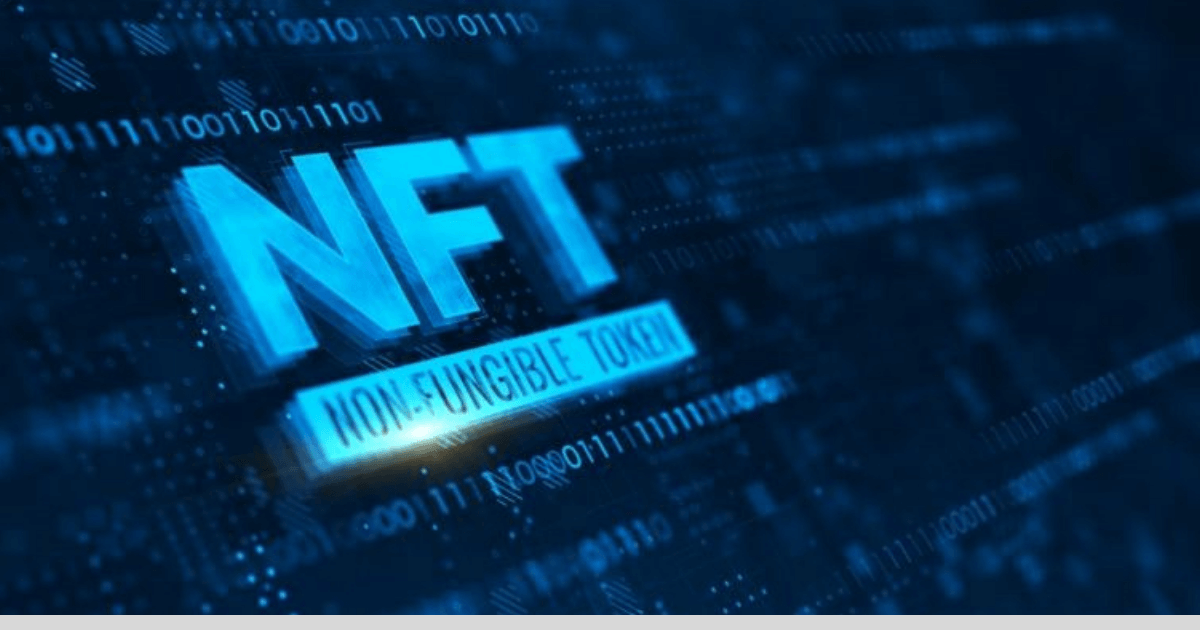
As Branded NFTs Expand Counterfeits Emerge
The speed at which NFTs have been widely adopted is forcing the marketplaces that supply them to move quickly to put the brakes on potential counterfeits.
The arrival of new brands and technologies typically also augers an upswing in counterfeits and it’s no different with NFTs. But there’s an added digital twist that is making monitoring and policing counterfeits more difficult given that the technology initially has, in some cases, outrun brands’ ability to combat them.
For example, the most popular of the marketplaces, OpenSea, which is home to countless NFTs including those for celebrities, trading cards, collectibles and other categories, conceded in a Twitter statement last week that 80% of items created by those using a tool it offers for free were plagiarized works, fake collections or spam.
“These marketplaces have and are going to have to create an internal mechanism for systems similar to what Amazon has done with its brand registry” for reporting counterfeiting, Jed Ferdinand, partner at Ferdinand IP Law Group, said. “There has been a lot of fraud and abuse with NFTs and it’s a question of how they will address that. They can’t lose public trust. If people think they are a cesspool of fraud no one will want to be on there. They have to very quickly maintain integrity because there was a lot skepticism in the beginning and you have to keep it clean and above board because they won’t get the prices they want for their NFTs if buyers walk away.”
Yet there also have been many licensed NFT collaborations. Vinyl collectible toy supplier Superplastic and Gucci will launch a collaboration this month pairing jointly developed NFTs with a physical ceramic sculpture designed by the fashion brand. But that’s after Gucci also battled counterfeit NFTs, including third-party trademark applications seeking to trademark the brand’s logo for “downloadable virtual goods.”
To be fair, OpenSea, which allows users to make up to 50 NFTs with the free tool, doesn’t keep custody of the crypto tokens and consumers are responsible for storing them, something that makes them easier to steal. For its part, OpenSea has a program to crack down on counterfeiting and states in its terms of use that it will take down works in response to formal infringement claims and terminate access if a user is a “repeat infringer.” It also formed an “NFT Security Group” in January.
There have been other efforts to ward off and deter counterfeits. For example CXIP Labs (pronounced “chip”) launched last year a protocol to protect and monetize IP. It requires all NFTs listed on the platform be registered with the U.S. Copyright Office in effort to curb bootleg versions. And another marketplace, Rarible, which has Yum! Brands and Taco Bell among those listing NFTs on its site, partnered with Adobe to help secure artists’ and creators’ work. But that was after some artists complained about their work being fraudulently listed on Rarible.
Indeed, one of the more prominent NFTs, Bored Ape Yacht Club, (BAYC) filed trademark applications last May about a month after it launched the business and is fighting on-going battles to protect them. On OpenSea there are several variations of the Bored Ape theme using marks similar to the original, including “Mutant Ape Yacht Club” and “Stoner Ape Club.” But there is a difference. BAYC has a $117 floor price and has traded 375,000 units since its inception, while Mutant has a $23.50 price and traded 228,600 and Stoner, 26 cents and 11,500.
OpenSea also has banned PHAYC and Phunky Ape Yacht Club (PAYC) collections, both of which sell NFTs that mirror otherwise identical versions BAYC avatars that have been purchased by the likes of Stef Curry and Paris Hilton. The dueling projects also are dodging bans from other marketplaces. And PHAYC has argued its marketplace is a “satirical take” on NFTs. But PHAYC and PAYC also engaged in a Twitter feud over which is the more “authentic” copy of BAYC.
Both developers are on dicey legal territory since BAYC creator Yuba Labs owns the copyrights to its work and this will likely be one of many copyright and trademark battles that crop up. The creation of NFTs is largely irreversible, meaning that future implications for the business are unclear.
“The only thing we’d wanted to do was ensure that artists could make some money and have control over their work.” said Anil Dash, CEO of Glitch, who help create the first NFTs. “The idea behind NFTs was, and is, profound. Technology should be enabling artists to exercise control over their work, to more easily sell it, to more strongly protect against others appropriating it without permission.”

















